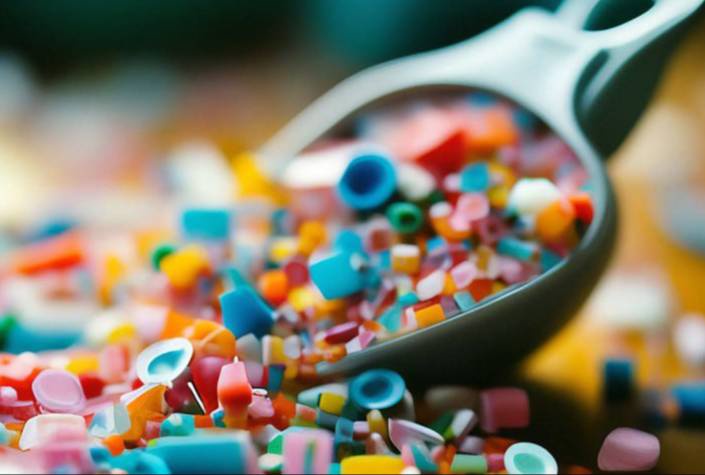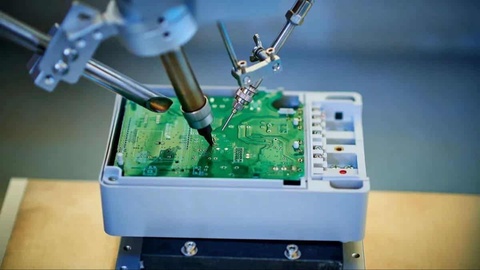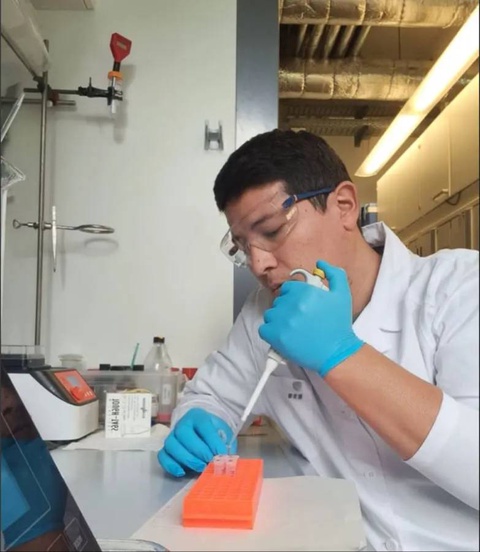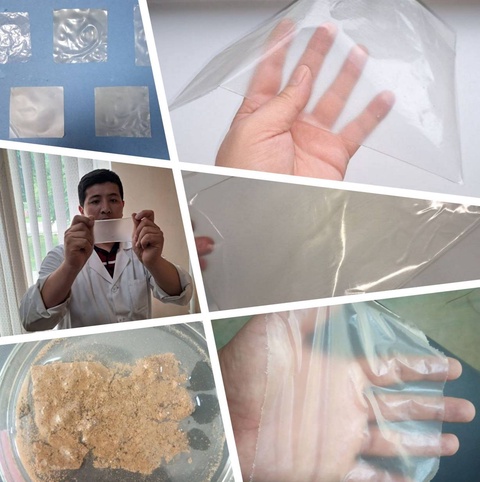Microplastics are fragments with a diameter of less than 5 mm that can enter the body through air, water and food. The researchers note that the concentration of plastic in the brain is much higher than in other organs. For example, one recent study found that the amount of plastic in the brain is 10-20 times higher than its content in the liver and kidneys. The study also showed that from 2016 to 2024, the amount of plastic in the brain increased by 50%.
The smallest particles of plastic are found not only in the brain, but also in other human organs. Microplastics were also detected in all 16 bone marrow samples studied. Most of these samples contained polystyrene and polyethylene, materials widely used in packaging and household goods.
Studies have also shown that microplastics are present in the blood and placenta. In a recent study published in the journal Toxicological Sciences, micro- and nanoplastics were found in all 62 placenta samples. This is especially alarming, as it indicates the possibility of microplastic transfer from mother to fetus, which may have long-term health consequences for future generations.
Microplastics in the body can lead to cardiovascular diseases and fertility problems. Scientists are calling for the development of standards for the content of microplastics in food and water. They warn that without action, this problem will only worsen, affecting human health and the environment.
In addition to the human body, plastic particles were found in shellfish, vegetables, fruits, and salt. And in 2018, researchers found out that the smallest particles are present in the body of all observed turtles. Most of the plastic was found in animals living in the Mediterranean Sea.
Previously, scientists found out that drinking from plastic bottles can increase blood pressure. Microplastics entering the bloodstream through liquids from plastic bottles can have a negative effect on the cardiovascular system.
It also became known that about 80% of the particles found in the sediments and waters of the Northern Dvina, White and Barents Seas are polyethylene granules, mainly 200-300 microns in size. The main sources of this pollution are urban dust, synthetic clothing, car tires and fishing nets.












